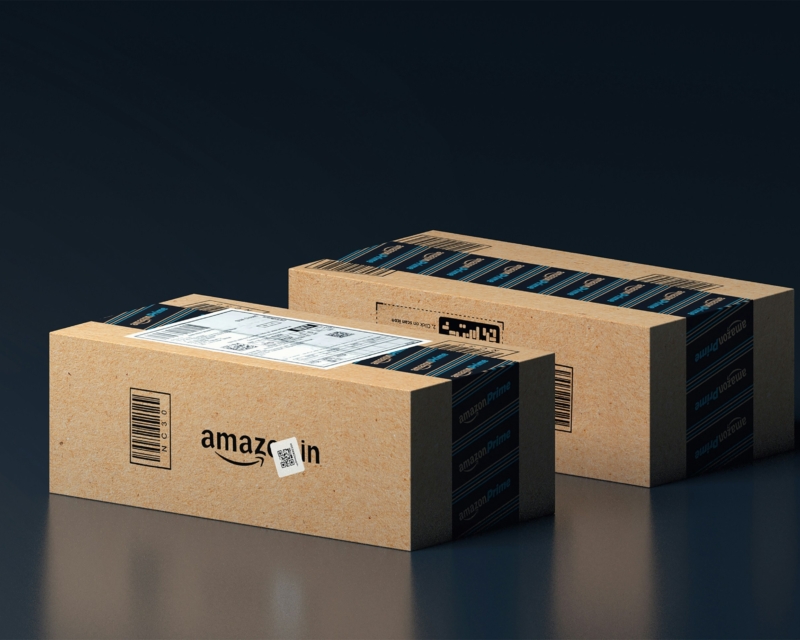Amazon’s Prescription for Faster Healthcare Delivery: A Blessing or a Curse?
Amazon’s recent announcement to expand its same-day delivery service for prescription medications to more than a dozen cities across the United States, including major metropolitan hubs like New York City and Los Angeles, has sparked a flurry of excitement and speculation. While hailed by some as a game-changer in the realm of healthcare accessibility, others raise concerns about the potential consequences of entrusting such a critical aspect of public health to the e-commerce giant.
On the surface, the prospect of receiving prescription medications at lightning speed seems like a boon for consumers, particularly those living in densely populated urban areas where time is often of the essence. With its vast logistics network and sophisticated delivery infrastructure, patients can now bypass the traditional pharmacy visit and have their medications delivered to their doorstep in a matter of hours.
For busy professionals juggling demanding schedules and caregivers tasked with managing the health needs of loved ones, the convenience of same-day prescription delivery service is undeniable. No longer do they have to carve out time from their day to wait in line at the pharmacy; instead, they can simply place an order with the click of a button and rest assured that their medications will arrive promptly.
Moreover, this foray into the sector has the potential to drive down costs and increase transparency in an industry plagued by inefficiencies and opacity. By leveraging its considerable purchasing power and negotiating favorable terms with pharmaceutical manufacturers, Amazon could theoretically pass on the savings to consumers, making essential medications more affordable and accessible to all.
However, beneath the veneer of convenience lies a host of concerns that warrant careful consideration. Critics warn of the potential implications of placing such a critical aspect of delivery in the hands of a single corporate entity, particularly one as powerful and ubiquitous. The concentration of control over the distribution of prescription medications raises questions about privacy, security, and the erosion of patient-doctor relationships.
Moreover, there are fears that its entry into the prescription drug market could exacerbate existing inequalities in access, particularly in underserved communities where brick-and-mortar pharmacies are already scarce. While same-day delivery may be a godsend for urban dwellers with easy access to these services, rural residents and low-income individuals may find themselves left behind, further widening the gap.
Furthermore, there are concerns about the potential impact of Amazon’s dominance on independent pharmacies and local providers. As the e-commerce giant expands its reach into the sector, there is a risk of squeezing out smaller players and consolidating control in the hands of a few mega-corporations, thereby limiting consumer choice and stifling competition.
In light of these considerations, it is imperative that policymakers, regulators, and stakeholders take a proactive approach to ensure that Amazon’s expansion into the prescription drug market is conducted in a manner that prioritizes the interests of patients and safeguards the integrity of the system. While the promise of faster, more convenient access to prescription medications is undoubtedly enticing, it must not come at the expense of patient safety, privacy, or equitable access to care.
As Amazon accelerates its push into the healthcare arena, it behooves us all to proceed with caution and vigilance, recognizing the potential benefits of innovation while remaining mindful of the risks inherent in ceding control over such a vital aspect of public health to corporate interests. The road to a more accessible, affordable system is fraught with challenges, but with thoughtful oversight and collaboration, we can navigate these waters and ensure that the future of delivery is one that prioritizes the needs of patients above all else.






